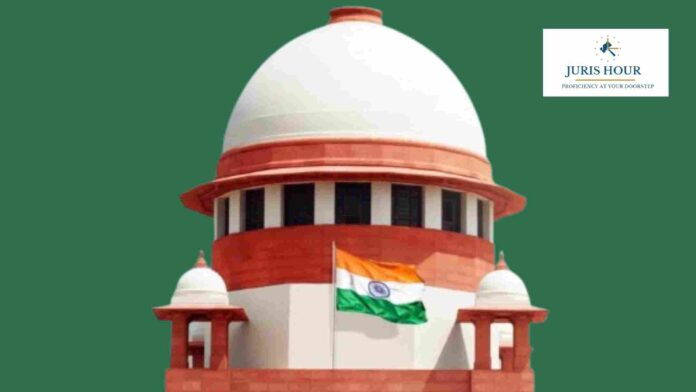The Centre has filed a curative petition in the Supreme Court challenging last year’s landmark judgment that vested the power to levy taxes on mineral rights exclusively with the States.
The move marks yet another attempt by the Union government to reclaim legislative competence over mineral taxation, which it argues is vital for maintaining uniformity in the country’s fiscal and economic framework.
The development was brought to the notice of a bench comprising Justices Vikram Nath and Sandeep Mehta by Solicitor General Tushar Mehta on Tuesday. “We have filed a curative petition with all seriousness,” he stated, emphasizing that the Centre considers the issue of national importance.
Background of the Dispute
On July 25, 2024, a nine-judge Constitution bench led by former Chief Justice D.Y. Chandrachud delivered an 8:1 majority verdict, holding that Parliament does not possess the legislative competence to impose taxes on mineral rights under Entry 54 of List I of the Seventh Schedule of the Constitution. This entry empowers Parliament only to legislate on the regulation of mines and mineral development in the public interest, leaving taxation powers with the States.
The ruling significantly curtailed the Centre’s authority, reaffirming that taxation on mineral rights falls under the exclusive domain of State legislatures. Several mineral-rich States, which had long been asserting their fiscal rights, hailed the judgment as a boost to cooperative federalism and financial autonomy.
Earlier Attempts and Legal Journey
Following the July 2024 verdict, the Centre had moved review petitions seeking reconsideration of the judgment. However, the Supreme Court dismissed those pleas, reiterating the clarity of its constitutional interpretation.
The filing of the curative petition – the final judicial remedy available after review petitions are exhausted – indicates the Centre’s determination to reopen the debate on mineral taxation powers.
Read More: GSTN Notifies New Changes in Invoice Management System

